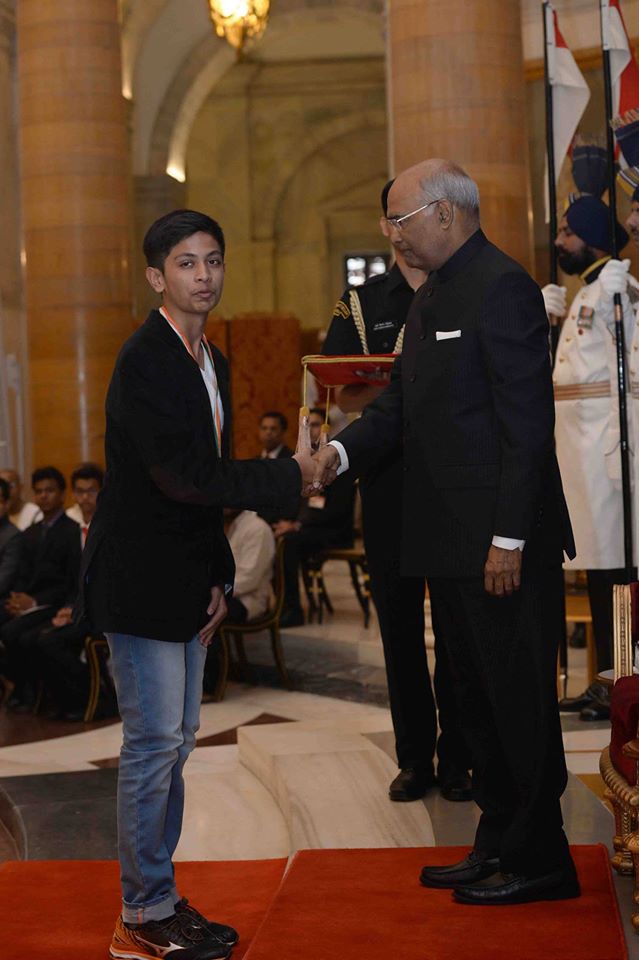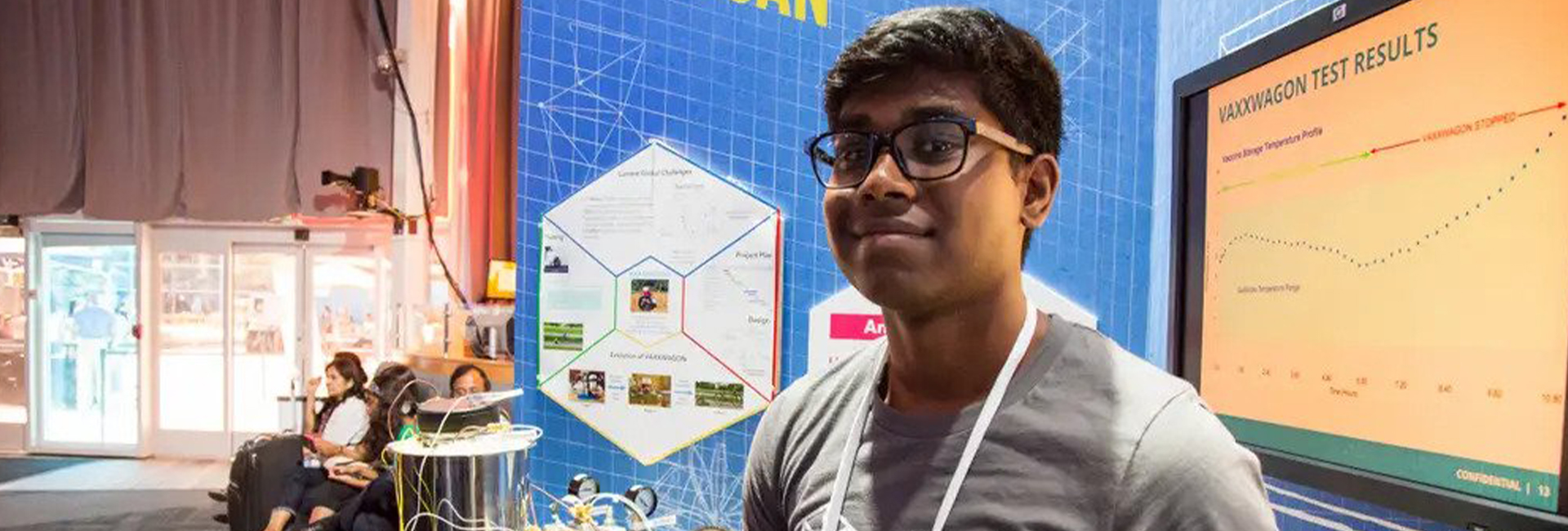(December 9, 2023) At 13, Akash Manoj lost his grandfather to a silent heart attack. Despite being a diabetic and someone with high blood pressure, he was a healthy person. But seeing him collapse and die, owing to a silent heart attack is one of the most heart wrenching moments for him. “Silent heart attacks happen to people who have underlying conditions like diabetes and these patients have nerve damage that blocks out all the alarm signals that the heart is sending,” Manoj explained in an interview. That’s when he began research in the space as he decided to go on war against a deadly killer as it becomes fatal for patients without any noticeable symptoms. Moreover, the silent heart attacks account for 50 percent of all heart attacks across the globe, and more than 8 million people die each year due to silent heart attacks. “I took time off to read as much as I can on the heart during my school. I was just wanting to find a solution.”

This prompted him to work for three years with varied government and private labs to come up with a skin patch that can detect a silent heart attack six hours before it happens. His breakthrough innovation – which could revolutionise healthcare – won him an award at Intel ISEF 2018 and has received clinical validation from the Tokyo University of Science, London’s Royal Society of Medicine and Delhi’s All India Institute of Medical Sciences.
“It is a watch-like device that you wear around your wrist and place a patch near your chest. The non-invasive device will identify the alarm signal your heart is sending through a unique bio-electric system that I have developed so you don’t need a blood test at all,” Akash, who is the President’s Gold Medal recipient, had told in an interview.
The patch work emits a small amount of positive charge, which attracts the negatively-charged FABP3 protein, a biomarker for heart attacks. If analysis shows an increased level of the protein, a heart attack is underway.


Akash Manoj receives Pradhan Mantri Rashtriya Bal Puraskar
Akash, who calls himself a cardiology researcher, uses a cardiac biomarker called heart-type fatty acid binding protein in his preventive technology “which is released up to six hours before a heart attack, thereby giving us a way for early detection. If the levels are beyond the recommended threshold, that would mean you are at risk of a potential heart attack, so you need to rush to the doctor for immediate medical care”.
The student at medical school in Prague, Czech Republic began studying on the subject in school after his grandfather’s death. He was in eighth grade when he started visiting the library at the Indian Institute of Science in Bengaluru, which is quite from Hosur, his hometown in Tamil Nadu. But he was determined to understand more about the heart and find a solution. “Journal articles are expensive, so visiting the libraries was the only way I could do it. Otherwise, it would have cost more than a crore (of rupees) for the amount I read. I was always interested in medical science and I liked reading the journals…cardiology is my favourite,” he told a daily.
After years of research, he made a breakthrough with a non-invasive device which is inexpensive, portable and wearable by at-risk patients at all times. “It requires no blood test and works 24/7 collecting and analysing data at preset intervals, he said in a TedTalk.
The device is being tested on patients with health issues. “We have seen positive results so far, but any tangible conclusions can only be made after the study has been completed,” Manoj said, adding that the device might be available in the market in the next few years. “I am also working with key stakeholders in the wearables industry to integrate this system into watch-like wearable devices,” he said.
What’s your Global Indian story? Write to us at editor@globalindian.com




